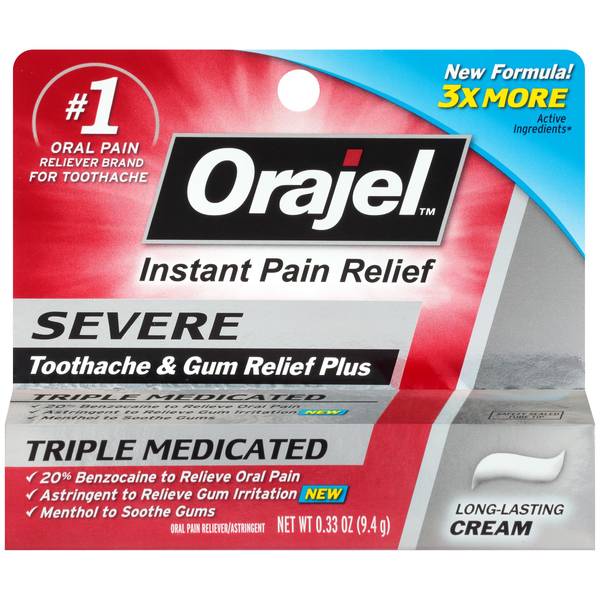Why Do I Get Toothache During Cold? Instant Relief

The woes of a toothache during a cold can be a miserable experience, leaving you wondering why this painful combination occurs and, more importantly, how to find instant relief. To understand the connection between toothaches and colds, it’s essential to delve into the underlying causes and then explore the various methods for alleviating the discomfort.
One primary reason for experiencing toothache during a cold is the increased sensitivity of the teeth and gums. When you have a cold, your sinuses become inflamed, leading to pressure in various parts of your face, including your teeth and gums. This pressure can cause the nerves in your teeth to become irritated, resulting in pain that may feel like a toothache. Furthermore, the congestion and sinus pressure can cause your teeth to feel achy or sensitive, especially to temperature changes, such as consuming hot or cold foods and beverages.
Another factor to consider is the postnasal drip associated with colds. The constant flow of mucus down the back of your throat can lead to tooth decay and gum disease if good oral hygiene practices are not maintained. The bacteria in your mouth feed on the sugars from the mucus, producing acid that can damage your teeth and cause pain.
In addition to these direct effects, a cold can also exacerbate existing dental issues. For instance, if you have cavities, gum recession, or cracked teeth, the sensitivity and pressure from the cold can make these conditions more painful. Moreover, the decongestants and pain relievers you might take for your cold can have drying effects on your mouth, reducing saliva production. Saliva plays a crucial role in protecting your teeth from decay by neutralizing acids and aiding in the remineralization of tooth enamel. A decrease in saliva production can leave your teeth more vulnerable to decay and sensitivity.
Given these explanations, the question remains: how can you find instant relief from a toothache during a cold? The first step is to practice good oral hygiene. Brushing your teeth gently with a fluoride toothpaste and flossing once a day can help remove bacteria and debris that might be contributing to your toothache. Using a soft-bristled toothbrush and avoiding harsh mouthwashes can also help minimize irritation to your gums.
Applying a cold or warm compress to the outside of your cheek near the aching tooth can help alleviate pain. The cold can help reduce swelling, while the warmth can increase blood flow to the area, relaxing the muscles and reducing pain. You can also try using over-the-counter pain relievers such as acetaminophen or ibuprofen. However, it’s essential to follow the recommended dosage and consult your dentist before taking any medication, especially if you have any underlying medical conditions or are taking other prescriptions.
Desensitizing toothpaste can be another effective tool for managing tooth sensitivity caused by colds. These toothpastes contain ingredients like potassium nitrate that help block the dentinal tubules in your teeth, reducing the sensation of pain. It may take a few applications to notice the effects, so consistency is key.
Lastly, staying hydrated by drinking plenty of water can help thin out mucus, making it easier to expel and reducing postnasal drip. Avoiding sugary and acidic foods and beverages can also prevent further irritation to your teeth and gums.
In conclusion, while a toothache during a cold can be a distressing experience, understanding the underlying causes and implementing the right strategies can provide instant relief. By maintaining good oral hygiene, using cold or warm compresses, taking over-the-counter pain relievers as directed, using desensitizing toothpaste, and staying hydrated, you can manage your toothache effectively until your cold subsides. If your toothache persists or worsens, it’s crucial to consult a dentist to rule out any underlying dental issues that may need professional attention.
Why do colds often lead to toothaches?
+Colds can lead to toothaches due to increased sinus pressure, which irritates the nerves in your teeth, and postnasal drip, which can contribute to tooth decay and gum disease if not managed with proper oral hygiene.
How can I instantly relieve a toothache caused by a cold?
+To find instant relief, try applying a cold or warm compress to the aching area, use over-the-counter pain relievers as directed, and practice good oral hygiene with a soft-bristled toothbrush and fluoride toothpaste. Desensitizing toothpaste and staying hydrated can also help.
Can desensitizing toothpaste help with a cold-induced toothache?
+Yes, desensitizing toothpaste can help manage tooth sensitivity caused by colds. It contains ingredients that block the dentinal tubules, reducing the pain sensation. Consistent use as directed can provide noticeable relief.
In navigating the challenges of toothaches during colds, it’s essential to remember that while these remedies can provide relief, they are not substitutes for professional dental care. Regular dental check-ups can help identify and address any underlying issues before they become severe, ensuring your oral health remains optimal even in the face of a cold. With the right approach to oral care and pain management, you can mitigate the discomfort of a toothache during a cold and focus on recovering from your illness.
